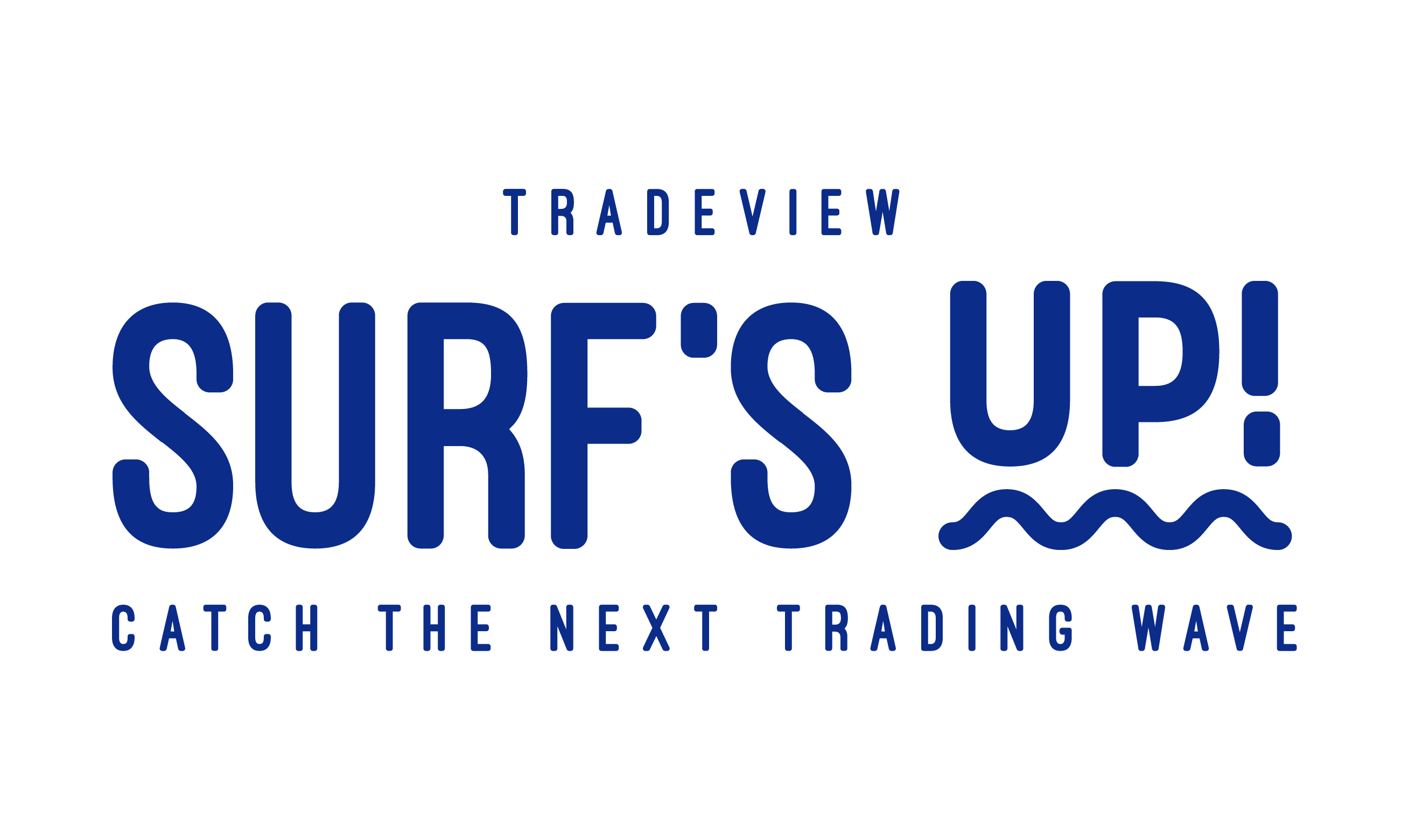Launching a brokerage in the European Union goes far beyond having the right platform or attracting clients. Before you can operate legally, there’s a detailed web of EU broker regulations you need to follow. These rules are not optional—they’re the foundation for staying licensed and compliant in the long run.
In this guide, we cover the essential requirements for EU-based brokers, including what the MiFID license involves, what EU compliance looks like in practice, and what legal, financial, and operational structures you’ll need to satisfy both ESMA and national regulators.
EU Broker Regulations Matter
The European Union has one of the strictest financial regulatory environments in the world. That’s not necessarily bad—it builds trust. These standards give investors greater confidence, while compliant firms gain access to over 30 countries through a single license.
However, non-compliance can be costly—leading to fines, reputational harm, or even a complete shutdown.
Key Regulatory Goals in the EU:
- Protect retail and institutional investors
- Promote financial transparency
- Combat market manipulation and financial crime
- Encourage fair play and smooth collaboration between EU countries
Core Compliance Standards for EU Brokerages
While EU brokerages operate within a harmonized regulatory framework, national regulators may impose additional requirements. Below is a breakdown of the key conditions.
Registering a Legal Entity
First, you need to set up a legal entity in the EU. Most brokerages choose countries like Cyprus, Ireland, or Estonia due to faster processes and lower tax rates.
| Country | Advantages | Time to License |
| Cyprus | Low corporate tax, fintech-friendly | 6–9 months |
| Estonia | Digital-first government | 5–7 months |
| Germany | Strong financial reputation | 12–18 months |
A registered legal entity must include:
- Corporate structure (CEO, compliance officer, risk manager)
- Office space in the country of registration
- Initial capital in a segregated account
Getting a MiFID License
The MiFID license is your gateway to legally offering brokerage services across the EU. MiFID is the main rule for financial regulation in the region. It is enforced by local regulators like BaFin in Germany and CySEC in Cyprus. The regulator you follow depends on where your firm is based.
Types of MiFID Licenses:
| License Type | Description |
| Investment Firm | Offers investment services like portfolio mgmt. |
| Broker Dealer | Offers execution of client orders |
| Trading Platform | Runs a multilateral trading facility (MTF) |
Under MiFID, brokers need to clearly classify clients, issue proper risk warnings, file regular reports, and manage conflicts of interest. You’re also required to be upfront about pricing, fees, and how trades are executed.
Capital Requirements
Your brokerage must meet strict financial thresholds. These vary based on your license type.
| License Type | Initial Capital Requirement |
| Execution-only | €125,000 |
| Portfolio management | €730,000 |
| Proprietary trading | €150,000 |
These funds must be verifiable and kept in a regulated EU bank. You’ll also need to maintain minimum capital ratios over time.
Internal Compliance Controls
Here’s where EU compliance gets serious. Regulators will audit your internal processes to make sure you’re not just compliant on paper. Your firm must implement:
- AML frameworks to detect and prevent illicit financial activity
- KYC processes for verifying and monitoring client identities
- Transaction Monitoring Systems
- Compliance Reporting Protocols
- Client Asset Protection Mechanisms
Failure to monitor transactions or report suspicious activity can result in immediate license suspension.
Post-License Operational Compliance
Getting the license is just the beginning. The real work begins after.
Ongoing Reporting Obligations
Once licensed, brokers must report various data to regulatory bodies:
- Transaction Reports: Daily trade reporting to local authority
- Financial Statements: Audited annually
- Risk Reports: Quarterly internal audits and stress tests
- Client Asset Reports: Proof of fund segregation and protection
All reports must be submitted digitally and often via specific platforms like EMIR Refit, ESMA’s reporting engine.
IT Security and Data Protection Standards
Firms operating under EU regulation are required to comply with the General Data Protection Regulation (GDPR) to protect client data. This involves:
- Full encryption of personal data
- Consent-based data usage policies
- Breach notification protocols
Your IT systems must also follow ESMA’s guidelines on operational resilience and cybersecurity. Regular system audits are required, especially for firms using third-party trading platforms or hosting solutions.
Employee Training & Governance
EU regulations expect brokerages to foster a culture of compliance. That means regular training sessions, clearly defined responsibilities, and whistleblower protection policies.
Minimum Governance Requirements:
- Appointed Compliance Officer with independent authority
- Periodic training on AML/KYC and market conduct
- Board oversight of risk and compliance
Licensing Timeline & Common Mistakes
Getting fully licensed takes anywhere from 6 to 18 months, depending on the jurisdiction and the completeness of your application.
Typical Steps:
- Choose jurisdiction and business model
- Prepare documents (business plan, risk model, IT architecture)
- Open local bank account and deposit capital
- Submit license application
- Respond to regulator queries and interviews
- Receive authorization
Avoid These Common Mistakes:
- Underestimating documentation requirements
- Choosing the wrong license type
- Poor capital planning
- Weak internal controls
- Using boilerplate compliance frameworks
Country Spotlight: Cyprus vs. Germany
Let’s compare two popular jurisdictions for EU brokers.
| Feature | Cyprus | Germany |
| Licensing Body | CySEC | BaFin |
| Time to License | ~9 months | ~15 months |
| Capital Requirement | From €125,000 | From €150,000 |
| Regulatory Intensity | Medium | High |
| Cost of Setup | Lower | Higher |
| Language | English Accepted | German Preferred |
Cyprus is favored for startups looking to move fast. Germany is ideal for firms targeting institutional clients or seeking prestige.
Your Next Step Toward EU Brokerage Compliance
Following EU broker regulations is part of building a brokerage that earns credibility. It’s not just about getting licensed—it’s about showing regulators and clients that your firm is serious about doing things right. From your first steps to cross-border expansion, discipline and legal structure are key.
Navigate EU regulations with ease—get expert compliance support from TVM legal team! Their experience across multiple jurisdictions helps you avoid costly missteps and accelerate your license approval.
FAQ
Do I need to be based in the EU to operate a brokerage there?
Yes. You must have a legal entity, office, and key staff based in the member state where you’re applying for a license.
Can I operate across the EU with a single license?
Yes, through “passporting rights” under MiFID. Once licensed in one EU country, you can serve clients in all member states.
How long does it take to get licensed?
Anywhere from 6 to 18 months, depending on the country, your application quality, and license type.
Can I outsource compliance or KYC duties?
Partially. Some processes can be outsourced, but the responsibility remains with your firm. Regulators expect direct oversight and accountability.
What happens if I fail to meet capital requirements later?
Your license can be suspended or revoked. Regulators will require immediate remediation or may impose fines and restrictions.







